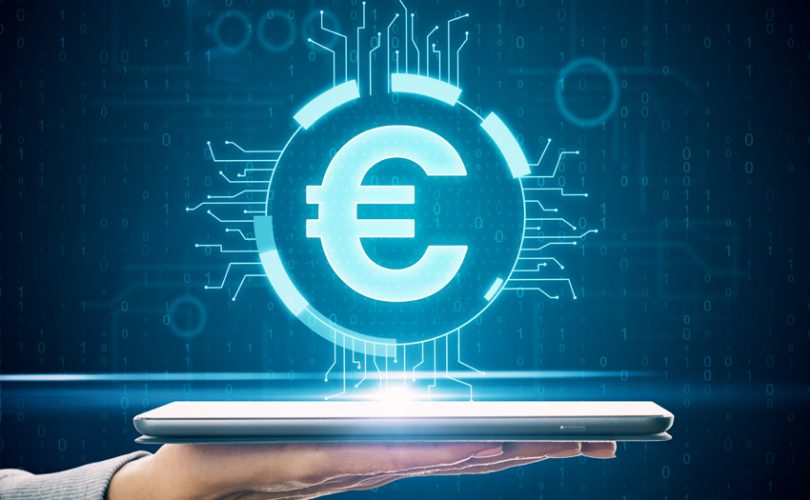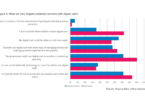Today, Fabio Panetta, a board member of the European Central Bank (ECB) spoke about stablecoins and the work on a digital euro during a Bundesbank speech. Panetta chairs Europe’s High Level Task Force on central bank digital currency (CBDC).
He said the ECB and national central banks are exploring four areas. The first is to see whether the central bank settlement system TIPS could support a scenario with hundreds of millions of customers. Currently, only eligible payment providers directly access TIPS where settlement requires central bank money.
Secondly, the interoperability between centralized systems and distributed ledger technology (DLT) will be explored. For businesses, one of the key demands for a CBDC is to be able to settle transactions instantly on-ledger. The key point here is the CBDC may not be on-ledger.
This leads to the third area of investigation, the use of “payment-dedicated blockchains with electronic identity.”
And finally, they’re exploring hardware devices for offline transactions that guarantee privacy. The objective is to investigate user experience.
The banker emphasized that the purpose of the digital euro is for payments, not as a store of value or investment. He described it as the “raw material” for private intermediaries to offer customer-facing payment solutions.
The digital currency needs to support European strategy and incorporate e-invoices, e-receipts, e-identity and e-signature. As a result, he expects it will enable products that can compete with big tech offerings.
On that point, Panetta once again highlighted the potential threat of big tech stablecoins to monetary sovereignty. But he followed that up by saying, “the risks are not imminent”. That’s despite a report today that claims Libra expects to launch a USD stablecoin in January.
The banker also emphasized the need to create competition by noting the current dependence on foreign payment providers. VISA and Mastercard together account for two-thirds of European card payments. If one includes PayPal, the three dominate online payments.






